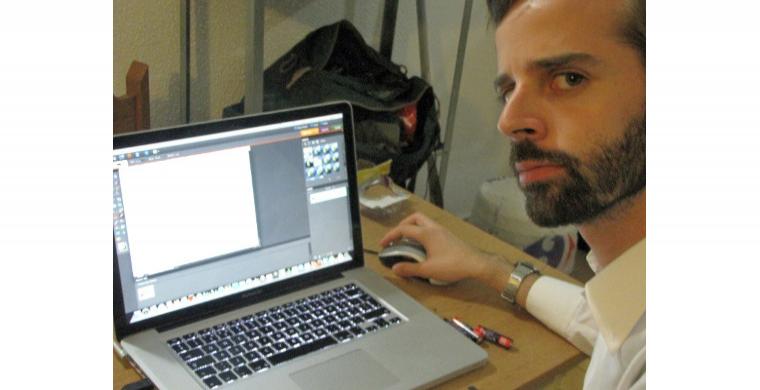Contention 5A: THE EPISCOPAL CHURCH AND TRIAL [USE] MARRIAGE
By Stephen Noll
http://contendinganglican.org
May 6, 2018
Dearly Beloved, we have come together in the presence of God to witness and bless the joining together two people in Holy Matrimony.
One of the blessings of the electronic keyboard for writers and teachers is the ease in revising. By pressing the "Track Changes" button, I can strike through anything and then at my leisure [delete it] altogether. And that is what the Episcopal Church USA (TEC) is doing with its Prayer Book and in particular the service of Holy Matrimony.
TEC's strike-through key is called "trial use." The idea of "Services for Trial Use" goes back about seventy years when the Episcopal Church decided to update its 1928 Book of Common Prayer. In my early years in ministry, I survived the revisions of the "Green Book" and the "Zebra Book" and finally the three-year "provisional" Prayer Book that was approved at the Church's General Convention in 1979.
There is nothing wrong with revising the Prayer Book from time to time. This was done several times prior to the standard 1662 version and has been done several times since (though 1662 remains the standard). The Anglican Church in North America has been preparing a new Prayer Book in a multi-year process aimed at completion in 2019. It is worth noting, however, clear limits to such revision: according to the Preface to the American Prayer Book, changes are allowed "provided that the substance of the Faith be kept entire."
In TEC, however, "trial use" has taken a different direction, with a proliferation of "supplemental" rites and hymnody. The ever-busy "Standing Commission on Liturgy and Music" has churned out five volumes of "Enriching Our Worship" and four volumes of "Liturgical Studies." One wonders whether a eucharistic liturgy that consistently strikes through God the Father and Jesus Christ as Lord is keeping the substance of the Faith entire, but I shall leave that to others to expound (see here and here and here). My concern is with the marriage rite.
There is a parallel development in the trial marriage rite "I Will Bless You and You Will Be a Blessing." This rite is distinctive in striking through:
o reference to man and woman, bride and bridegroom, and husband and wife;
o the reading in Genesis 2 "that a man shall leave his father and mother and be joined to his wife"
o Jesus' teaching on marriage
o Paul's teaching on marriage; and
o replacing the mandate of procreation of children with the option of "when it is God's will, the gift of children..."
This rite is not merely being studied; it is being used, first for same-sex civil partnerships in 2012, and since 2015 for same-sex marriage, once the U.S. Supreme Court made same-sex marriage legal throughout the country.
So at the moment TEC has two authorized marriage rites: one in the 1979 Prayer Book, which is for husband and wife, and the other is for "two persons." I suppose one could celebrate this situation in terms of rainbow diversity, but it is not so simple as that. Revisers in TEC want to hit the delete button for [the traditional Rite].
In the ponderous Blue Book of materials for the Episcopal General Convention in July, the Task Force on the Study of Marriage proposes a Resolution (A085) to revise, for trial use of course, the Prayer Book itself by:
o defining marriage as a "covenant between a man and a woman two people'
o amending the Proper Prefaces on Marriage to read: "Because in the love of wife and husband two people in faithful love...
o amending the Catechism to say: "Holy Matrimony is Christian marriage, in which two people the woman and man enter into a life-long union" and adding an additional section defining the procreative purpose in terms of "the gift and heritage of children..."
They make clear, in addition, that passing these "trial use" changes may count as a "first reading" for a permanent revision of the Prayer Book by 2021.
Not content with rewriting the marriage rite, the Task Force proposes a Resolution (Ao86) to authorize a rite of "Blessing of a Lifelong Relationship," warning gravely that these rites "shall not be used for mere convenience." So now a couple can forgo marriage altogether and be blessed. Presumably this new service is catering for the ever-popular cohabiting community.
So under the rubric of "trial use" the Episcopal Church is proposing a wholesale redefinition of Christian marriage. The question, I might ask, is: what if the trial fails? Will those who were blessed with these rites find themselves in a trial marriage or maybe no marriage at all?
Note: This is the first of four parts evaluating the proposal for same-sex marriage rites by the Episcopal Church USA and its "reception" by the Church of England and the Archbishop of Canterbury. Parts B, C, and D will follow over the next two weeks.














